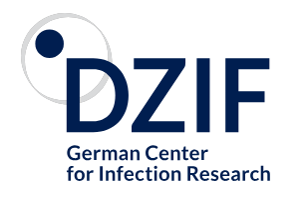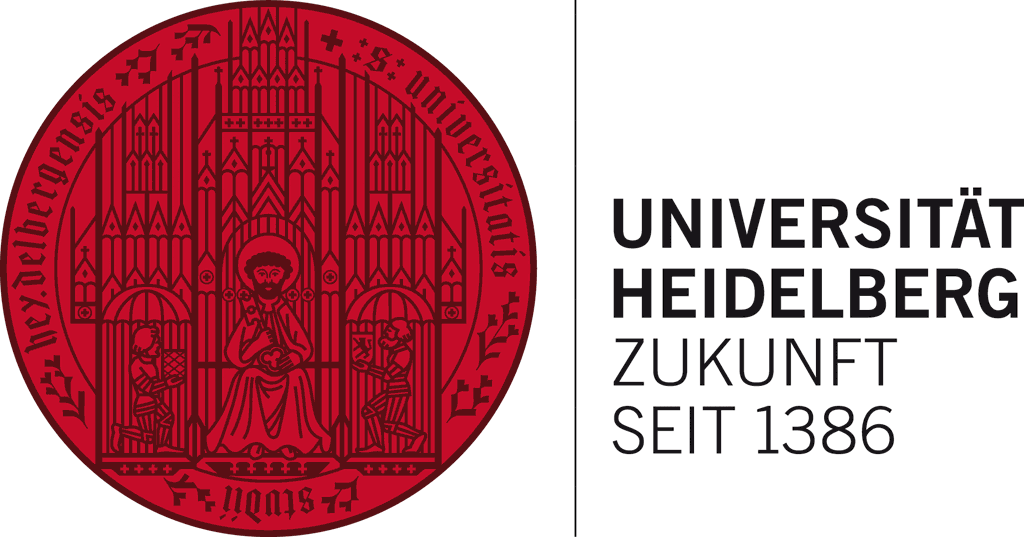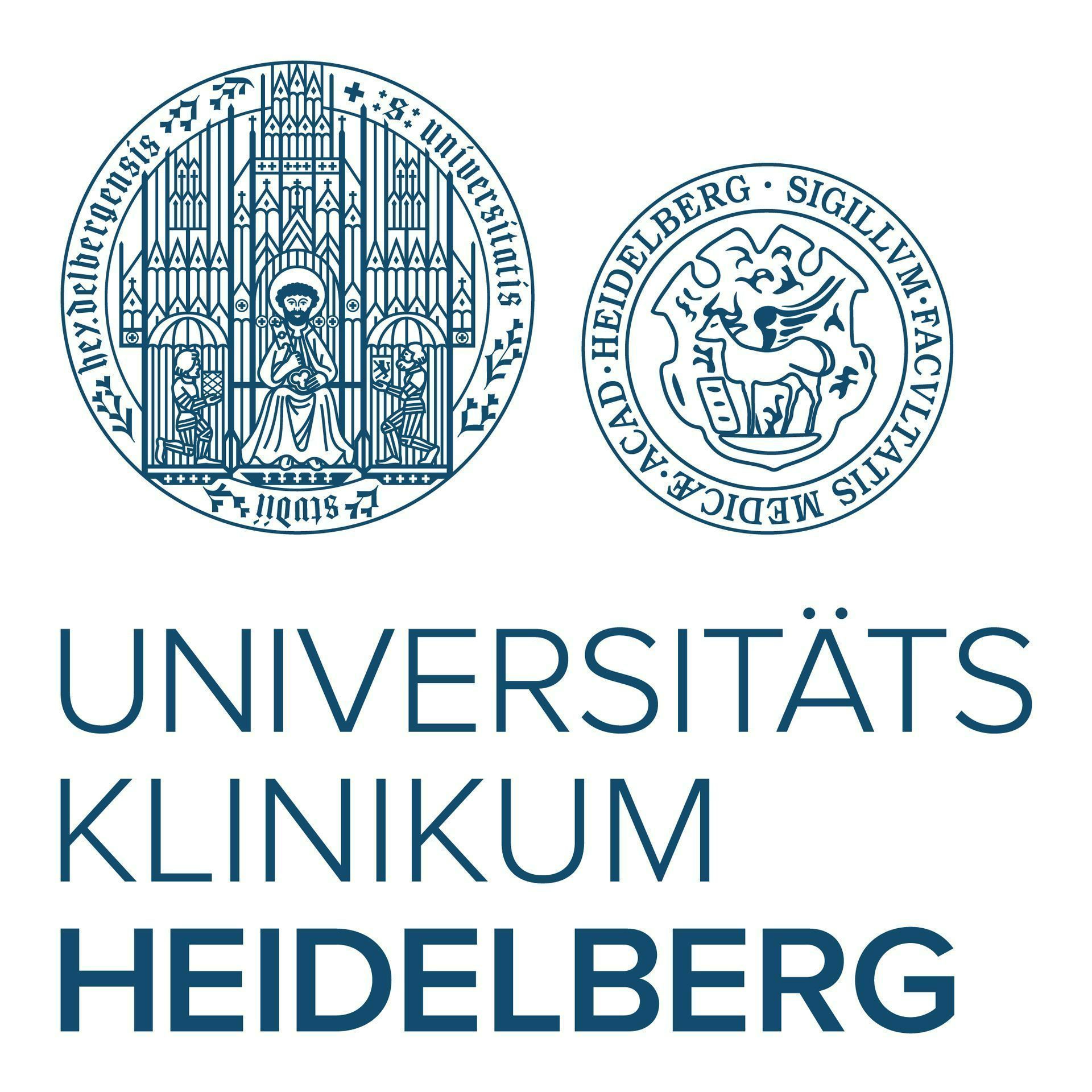TTU 03.705
"From bench to bedside: The impact of insecticide resistance on vector competence inthe major malaria vector Anopheles coluzzii"
Short Summary
Directed malaria control in the form of insecticide-based intervention strategies accounted for over 80% of all reductions in malaria cases between 2000-2015. Since 2015 there has been a plateauing, and a subsequent increase in malaria cases. The use of pyrethroid insecticides on all insecticide treated bed nets has led to widespread and intense resistance to this chemical class, likely playing a role in the loss of gains in malaria control. Insecticide resistance (IR) is caused by a number of known mechanisms: changes in the target site of the insecticide; up-regulation of insecticide metabolising/sequestration proteins; and changes to the underlying respiration rate of resistant mosquitoes. Within this project we are characterising the impact of IR and insecticide exposure on vectorial capacity and working with a modelling group to incorporate the outputs in transmission dynamics models. Further, we are determining whether IR and/or exposure leads to changes in redox state, which will have direct impacts on parasite development and can be used in a vector control context to target both IR and the parasite. We additionally aim to characterise the impact of known IR-related transcripts on parasite development, and have identified an enzyme class, that when inhibited leads to complete restoration of susceptibility to insecticides. We are currently working with IVCC, Liverpool, to determine whether there is a product development path for this chemistry. The final aim of the project is to identify resistance-related genomic markers and/or eQTLS which can be used in endemic settings.
Highlights
- Bill and Melinda Gates Foundation grant awarded to expand on results from DZIF (incollaboration with BASF). Awarded 10/2022 to run for three and a half years,PhD and PostDoc, $606K
DZIF Partner Site Heidelberg


Contact Info
Phone: ( 49) 6221 - 56 310787
dzif.heidelberg@med.uni-heidelberg.de
Department of Infectious Diseases
In Neuenheimer Feld 344
69120 Heidelberg, Germany






